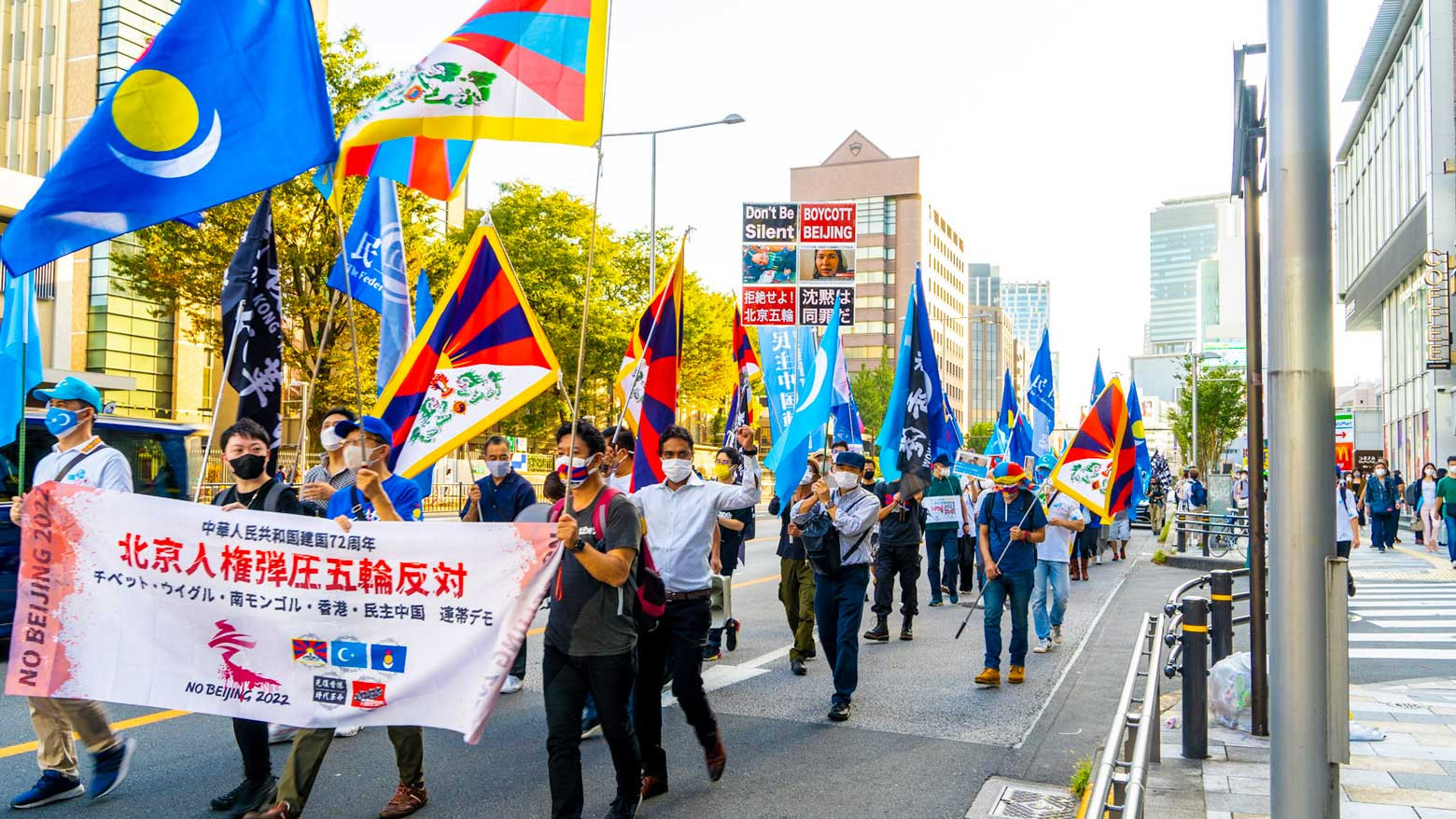Ilham Mahmut is a member of a protest group that took to Tokyo's streets to call on the Japanese government to boycott the Beijing Winter Olympics. He is part of the Uyghur ethnic minority that claims the Chinese government is depriving them of their language, culture and basic human rights. Many are detained in camps.
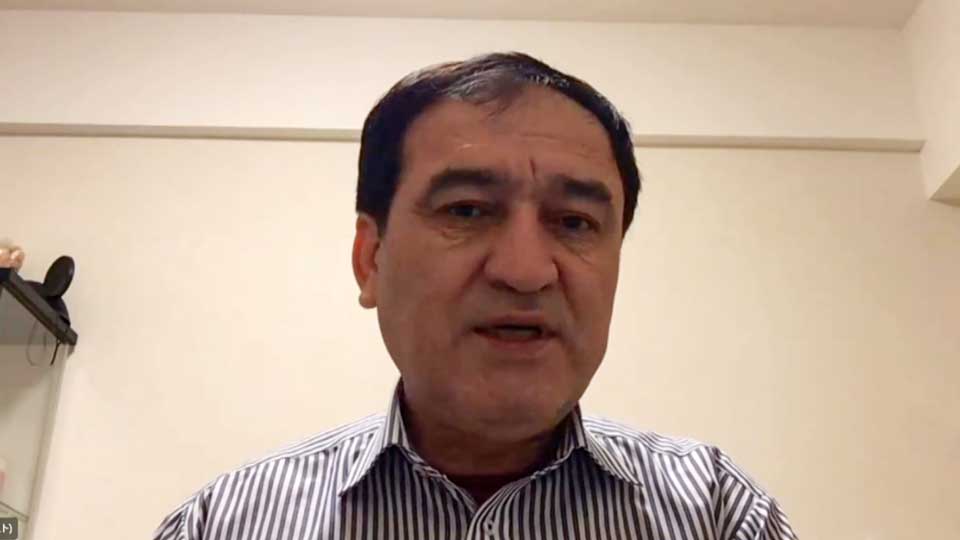
"Is it OK to hold the Olympics in a country where humans are denied their rights?" he asks. He suggests the athletes should consider whether to take part. "Can people be happy there despite the harm being caused to other humans? Can they be happy with their achievement?"
The 52-year-old grew up in the Xinjiang autonomous region but decided to move to Japan when his first child was born 22 years ago. "I was determined to prevent my child growing up under Chinese repression," he says.
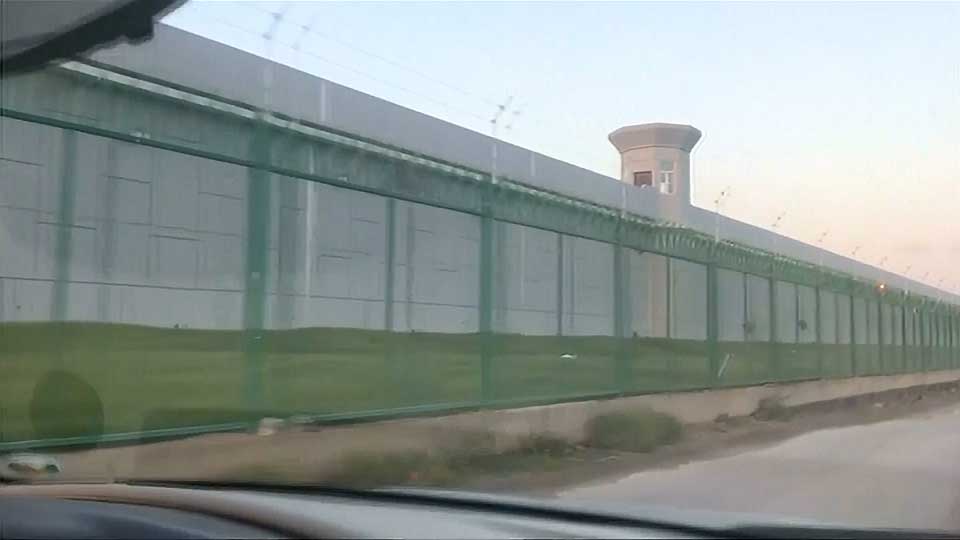
"I knew that the situation for Uyghurs could be worse, but I didn't expect it would go this far," Ilham says. Although his extended family and friends still live in the region, he was forced to break contact with them to ensure their lives would not be put at risk.
He deleted all contacts in his phone and kept only his mother's. But in the spring of 2017, she asked him not to call again.
"A call from a Uyghur abroad, especially who is speaking out against the Chinese authorities like me, makes life difficult there," he says. Ilham explains that overseas calls are monitored and can lead to harassment from local police or state security officials. As a result, Uyghurs in Xinjiang no longer want to keep in touch with relatives who have moved away.
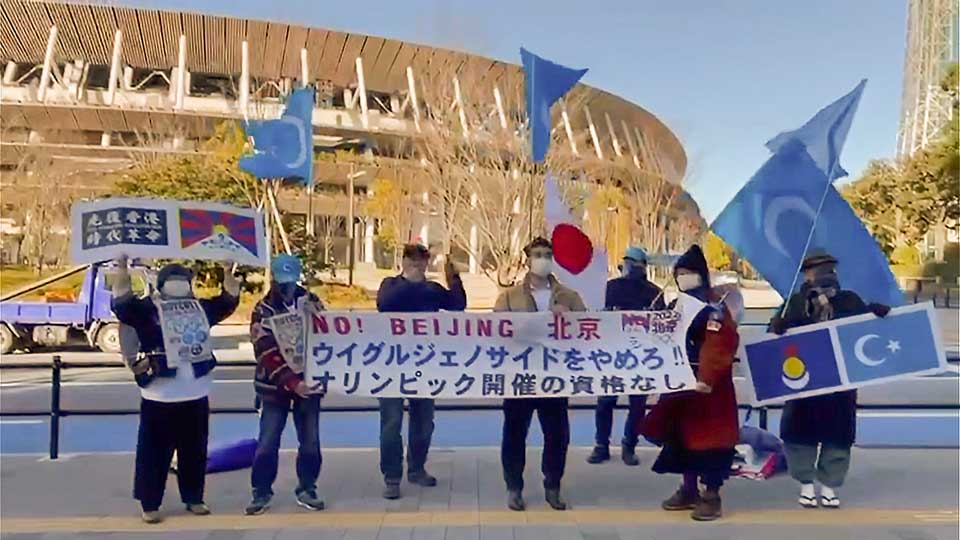
"Against the Olympic spirit"
Human rights groups have criticized the International Olympic Committee (IOC) for awarding the Games to China.
Several nations will not be sending government officials to the Games—decisions that China has described as meddling in its internal affairs. The United States has gone so far as to label China's actions against Uyghurs a genocide, pointing at forced labor, imprisonment and torture. China denies the allegations.
The IOC insists that the diplomatic boycotts will not affect China's ability to hold the event. IOC President Thomas Bach has repeatedly said the Olympics must be "politically neutral".
IOC President Thomas Bach and Chinese President Xi Jinping met on January 25 and discussed "the strong support of the international community" for the upcoming Games.
William Lee, a Hong Kong native living in Japan since 2018, worries the Games will send the wrong message to the international community.
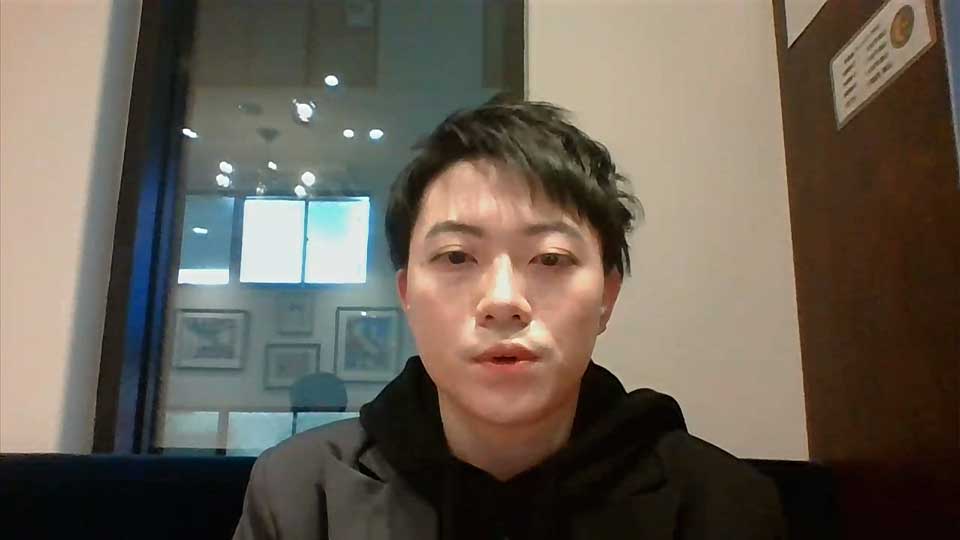
The 28-year-old activist says the Chinese government has gradually stripped away the freedoms of Hongkongers. "People's daily lives, freedom to criticize the government, freedom of speech, and freedom of assembly have all been restrained [in Hong Kong]," he says.
On a trip home to Hong Kong in November 2019, Lee took photos of protestors in the Wan Chai district, and the police swooped. They arrested him for obstructing their work, but later dropped the charges. He says he realized the Hong Kong he once knew was gone.
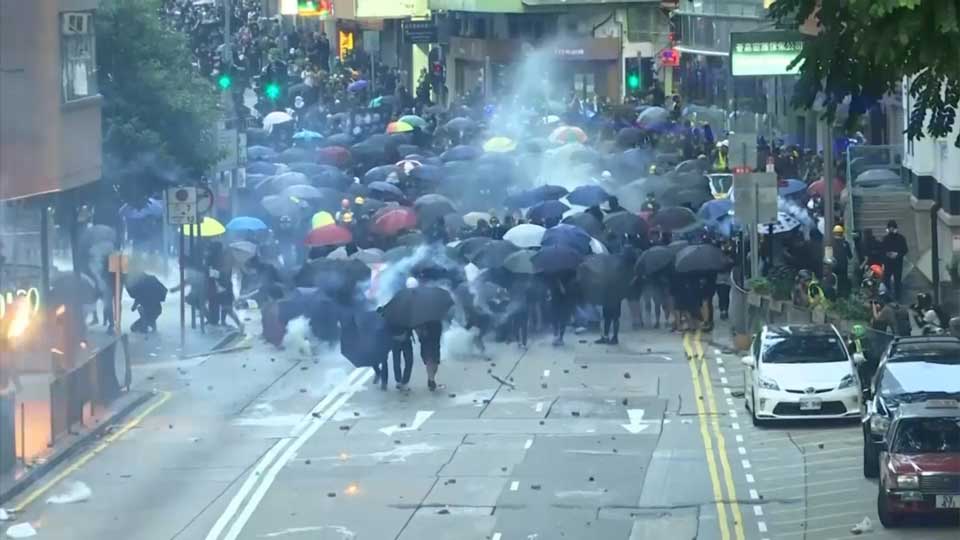
"I hope people around the world will recognize the issue. What is really happening? What are the people of China crying for?" he says. "If people can find that out clearly, then we can finally create an opportunity for change."
A national security law that came into effect in June 2020 has stifled the pro-democracy movement and led to crackdowns on political and media activities. Lee says that makes it more important for people outside Hong Kong to raise their voices.
"The stakes are higher, but to become silent is to give China exactly what it wants," Lee claims. "Now is the time for people in the world to put pressure on China and speak out for those who no longer can."
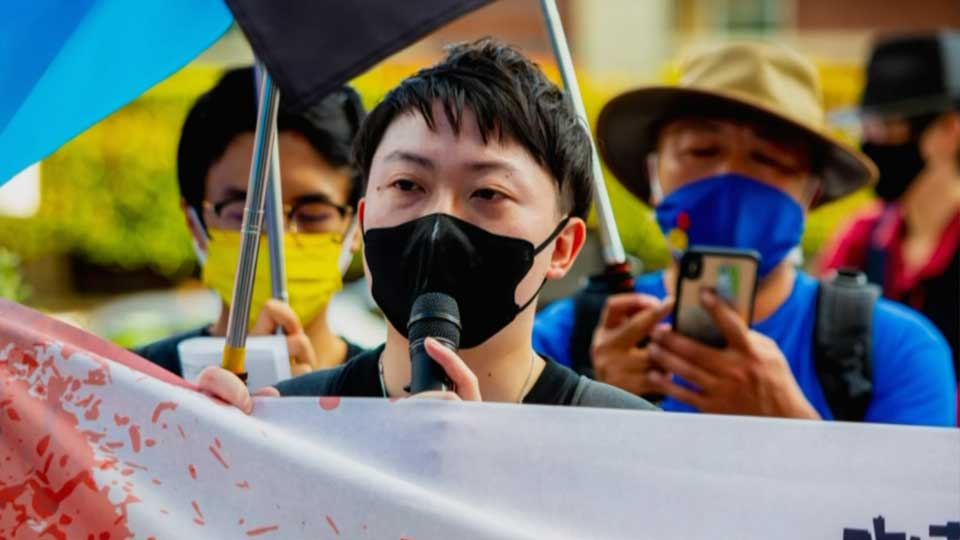
Authorities in Beijing are keen to make sure that doesn't happen. One Chinese Olympic official has made it clear that athletes could be punished for any behavior that violates the Olympic spirit—or Chinese rules. Athletes have been advised not to talk about human rights issues while in China for their own safety.
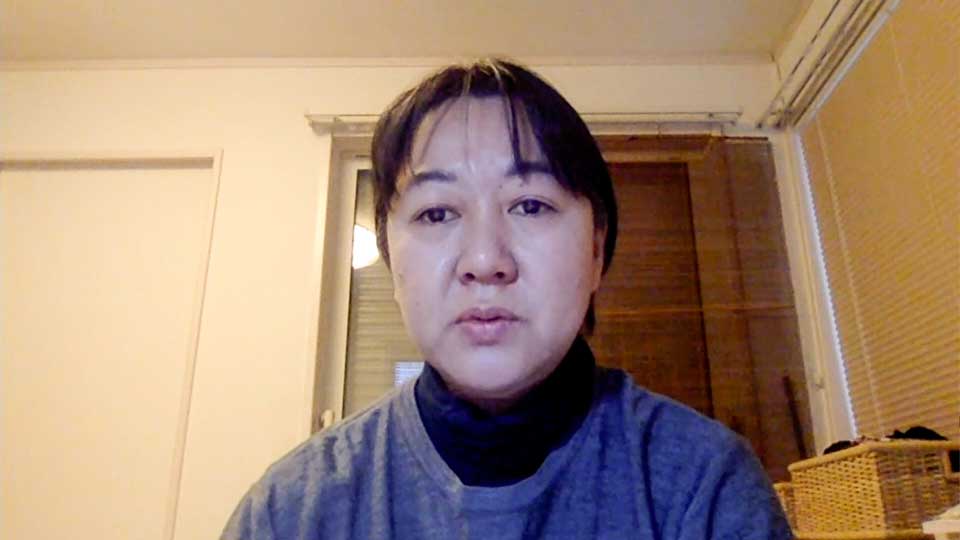
Ako Tomoko, professor of sociology at the University of Tokyo Graduate School of Arts and Sciences, says Olympic officials should consider whether Beijing embodies the movement's ideals.
"Should China have been chosen as the host country? I think we need to question the IOC," she says. "We should look at the procedure for deciding which country should host the Olympics."
